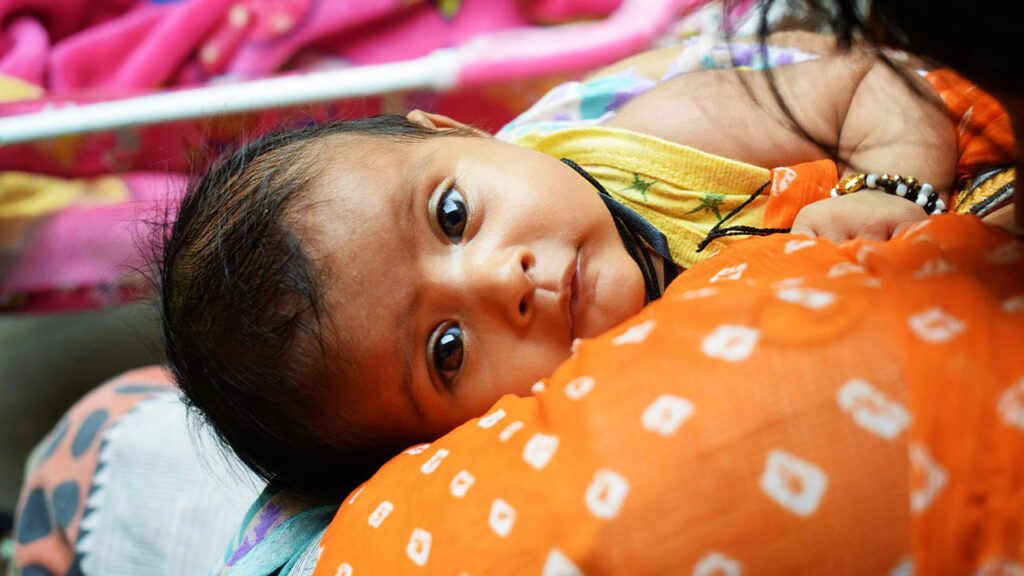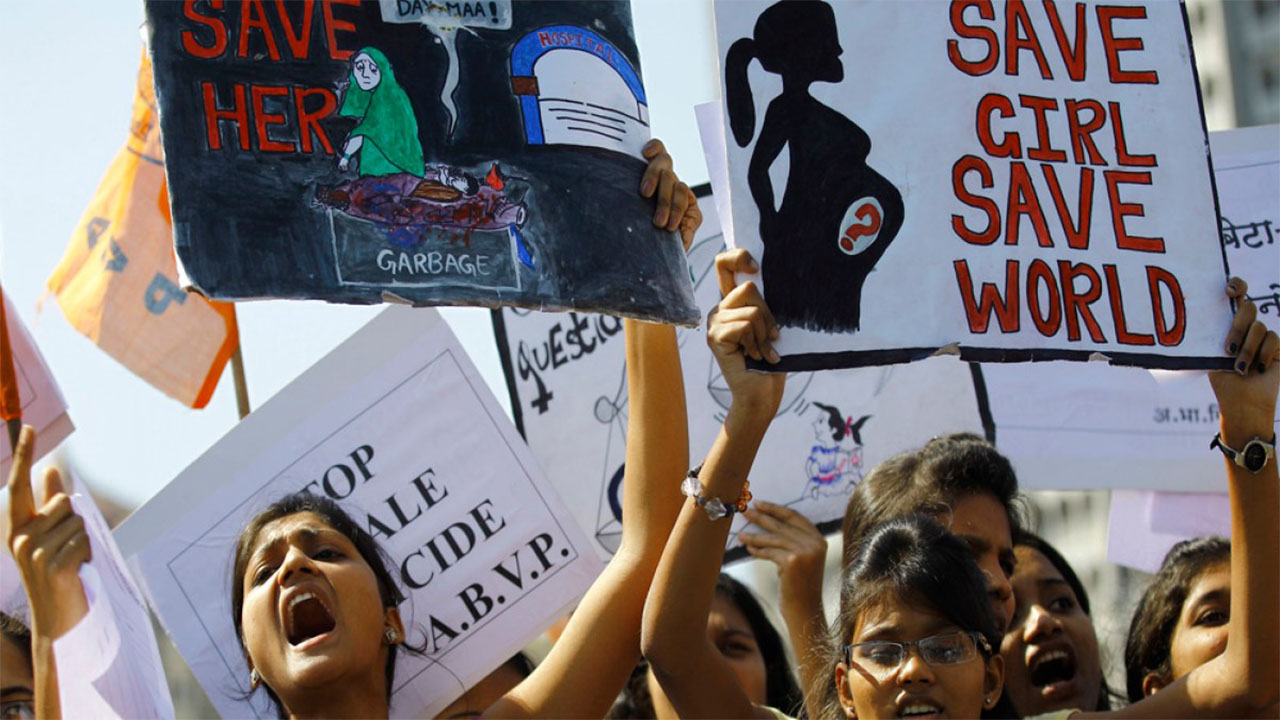India (Commonwealth Union)_ South Asia, a region brimming with diverse cultures, traditions, and a rich tapestry of history, is grappling with a deeply unsettling and tragic issue – female foeticide. In the midst of progress and modernity, the prevalence of this practice casts a long shadow over the lives of countless women. In this article, we shed light on the heart-wrenching issue of female foeticide in South Asia, its causes, consequences, and the urgent need for collective action.
Female foeticide refers to the selective abortion of female foetuses, often driven by a preference for male offspring. This practice is fuelled by deeply rooted gender biases and cultural norms that prioritise sons over daughters. Despite legal prohibitions and awareness campaigns, female foeticide continues to persist in several South Asian countries.
The statistics are sobering. According to the United Nations Population Fund (UNFPA), approximately 1.2 million female foetuses are selectively aborted in India every year. Pakistan and Bangladesh face similar challenges, with a noticeable gender imbalance at birth. These numbers paint a grim picture of the region’s struggle with gender-based discrimination.
Several complex factors contribute to the prevalence of female foeticide in South Asia:
- Son Preference: The deep-seated desire for male heirs, often driven by traditional beliefs, is a primary driver of female foeticide.
- Economic Factors: The dowry system, which places a financial burden on the bride’s family, exacerbates the preference for male children, as sons are seen as future breadwinners.
- Lack of Education: Limited access to education and awareness perpetuates gender biases, making it difficult to break the cycle of son preference.
- Healthcare Practices: Advances in medical technology have made it easier to determine the sex of a foetus, enabling the selective abortion of female foetuses.
The Consequences

The consequences of female foeticide are devastating on multiple levels:
- Gender Imbalance: Skewed sex ratios disrupt the social fabric and result in an imbalance in the population, which can have far-reaching social and economic implications.
- Violence Against Women: The devaluation of women from birth contributes to a culture of discrimination and violence against women, affecting their physical and mental well-being.
- Psychological Impact: Women who grow up in societies where they are undervalued may experience low self-esteem, depression, and anxiety.
- Economic Disparities: Gender imbalances can lead to a shortage of brides, causing dowry prices to rise, which places an economic burden on families.
The Way Forward
- Legislation and Enforcement: Stricter enforcement of laws prohibiting gender-based sex selection is essential. Authorities must hold those who engage in this practice accountable.
- Education and Awareness: Promoting education and awareness, particularly in rural areas, can help challenge stereotypes and biases.
- Economic Empowerment: Initiatives that promote economic independence for women can help alleviate the financial pressures associated with dowries.
- Changing Cultural Norms: Engaging with communities, religious leaders, and influential figures to challenge traditional norms and beliefs is crucial.
- Support Services: Providing support and counselling services for families facing son preference and gender-based discrimination can help change mindsets.
In conclusion, female foeticide is a heart-wrenching issue that South Asia must confront head-on. It is not only a violation of human rights but also a threat to the region’s social fabric and progress. By addressing the root causes, fostering gender equality, and promoting the value of every life, South Asia can move toward a brighter future where daughters are cherished as much as sons, and female foeticide becomes a dark chapter in history rather than a continuing tragedy. It is a challenge that demands our collective resolve and unwavering commitment to justice and equality.








